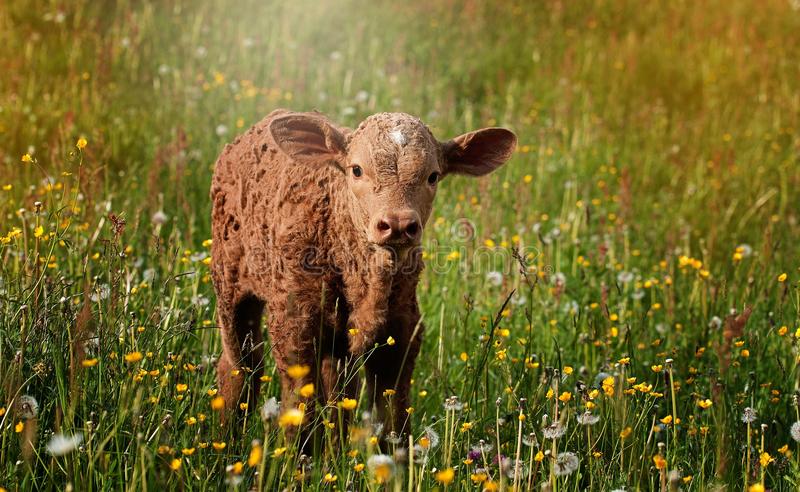Researchers from Ernst Federal Science Center for Animal Husbandry, Skoltech, Moscow State University and their colleagues have produced the first viable cloned calf in Russia, now one year old.
In a related experiment, the team was able to knock out the genes responsible for beta-lactoglobulin, a protein causing milk allergy in humans, in the hopes of creating gene-edited cows with hypoallergenic milk.
The paper outlining the results of the experiment was recently published in the journal Doklady Biochemistry and Biophysics.
A team led by Galina Singina, of the Ernst Federal Science Center for Animal Husbandry, cloned the calf using somatic cell nuclear transfer (SCNT), with embryonic fibroblasts as donors of nuclei.
Somatic cell nuclear transfer means that a nucleus from a regular cell of a donor animal is transferred into an egg with its nucleus removed, and the resulting embryo is then implanted into the uterus of a cow and carried to term.
While genetically modified mice became a routine worldwide, although still rare in Russia, gene editing in other animal species remains a challenge, Petr Sergiev, a member of the research team, says.
Mostly this is because of high costs and difficulties in breeding and husbandry – mice are very convenient from this perspective with, for instance, a three-week pregnancy. There is plenty of accumulated experience in dealing with mice, too, simply because so many labs around the world have been working with them for decades.
“Thus, a methodology leading to cattle with hypoallergenic milk is not only a necessity for agriculture of the future, but also a cool project,” Sergiev, who is an Associate Professor at Skoltech, notes.
“The cloned calf was born on April 10, 2020, with a birth weight of 63 kilograms. Now, as she is over a year old, she is an adult animal weighing over 410 kilograms with a regular reproductive cycle. Until she turned one, we kept her in a separate room with her mother, but since May, she has been on daily pasture with the other cows of the Institute. It required some adaptation, but that happened quickly,” Galina Singina says.
Source: Scoop












